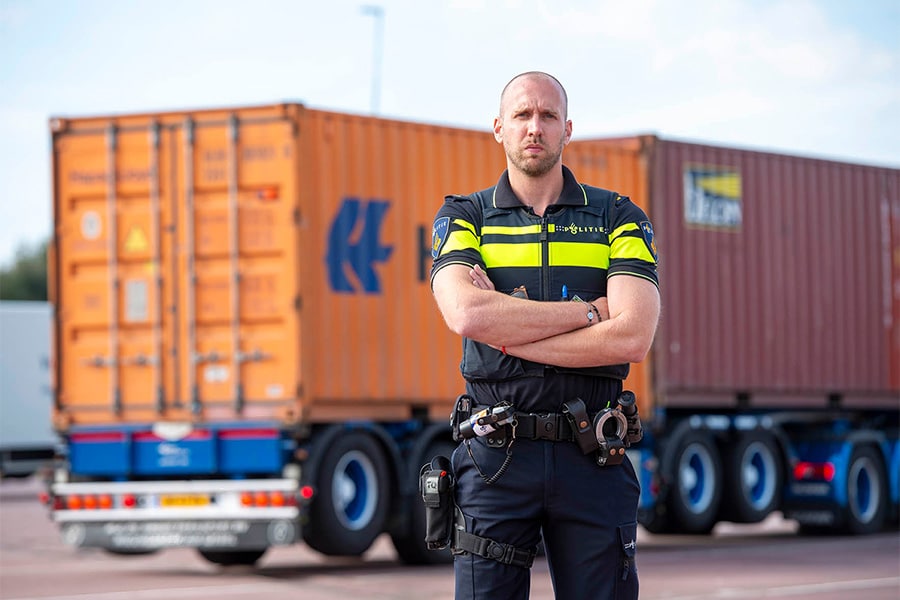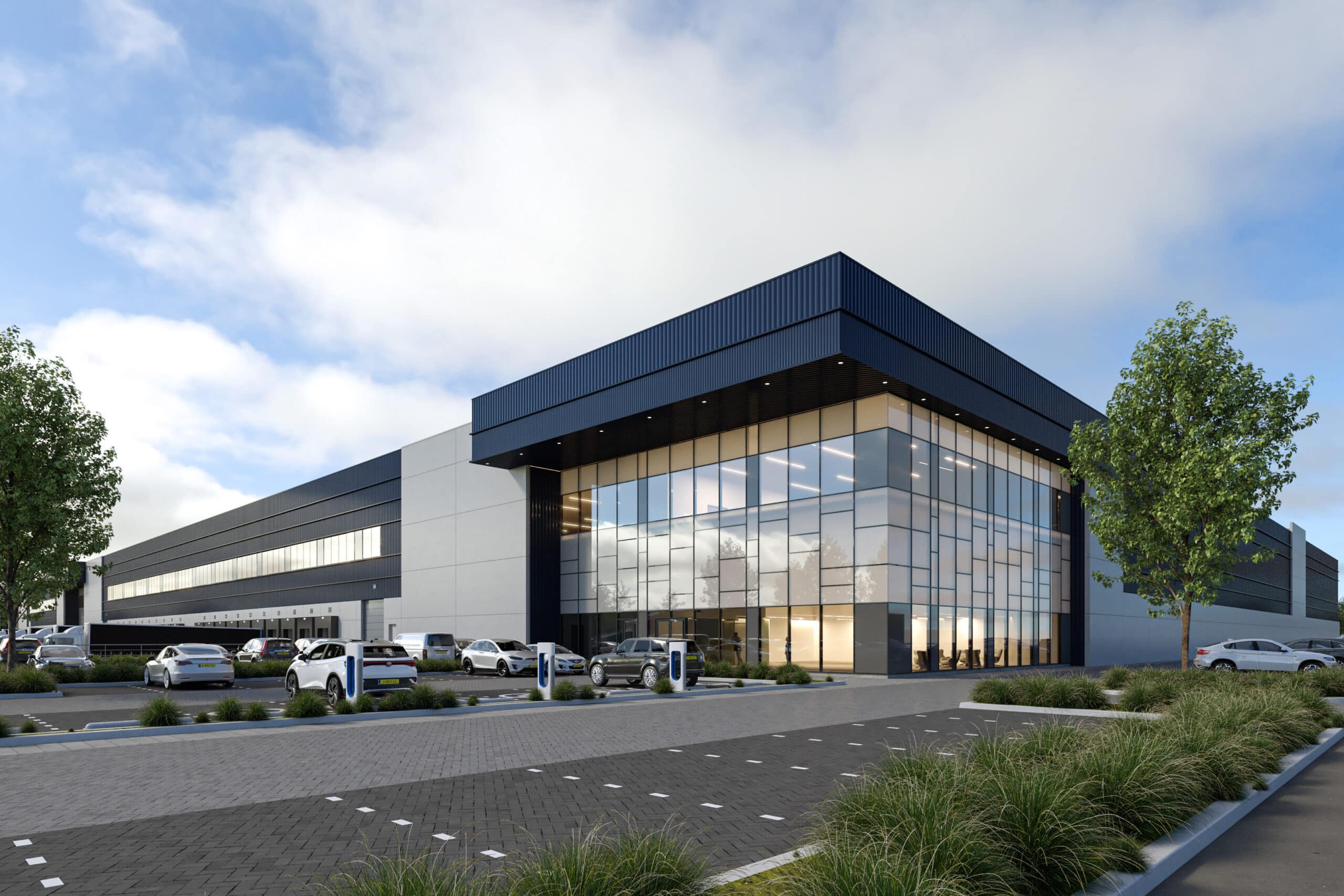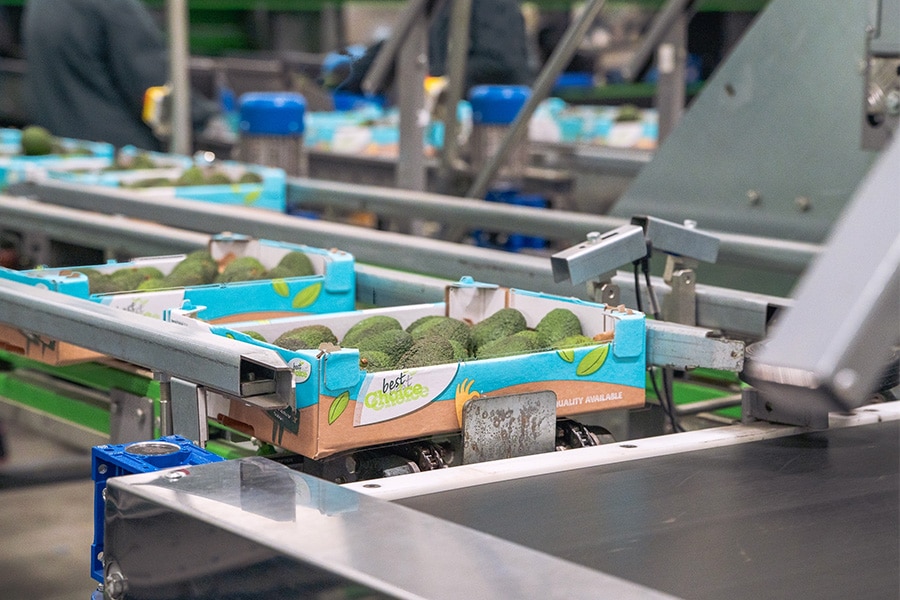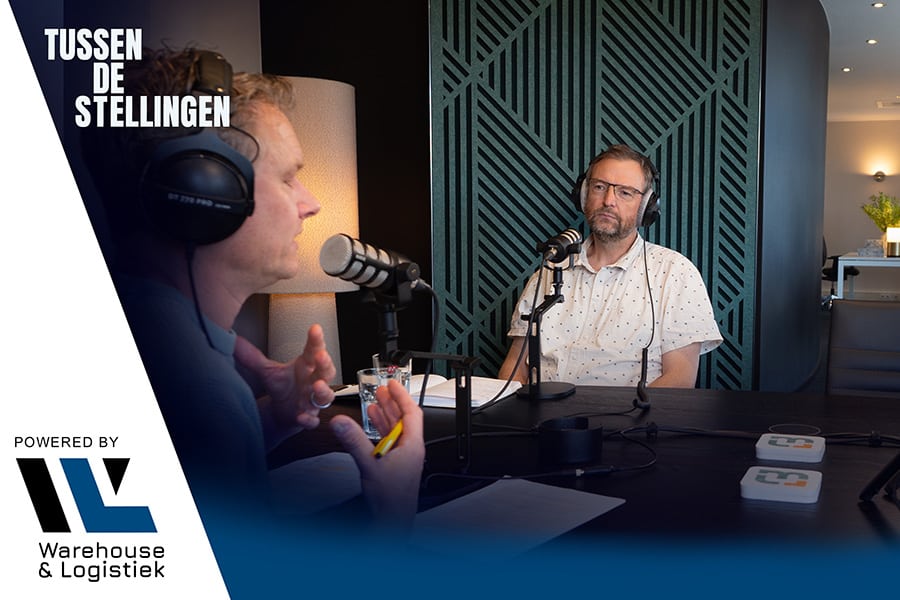
How TFOC fights criminal undermining in transportation and logistics
The transport sector plays a crucial role in the economy, but it is also an attractive target for organized crime. Tom Torensma, working at TFOC (Transport Facilitated Organized Crime) in the police, talks about the dangers of undermining in transport and logistics. He points out the vulnerabilities and the measures that can be taken to prevent criminal interference. "Every criminal needs transportation," Torensma said. "It is an essential part of organized crime."
TFOC is a special team within the police that focuses specifically on combating criminal interference in the transportation and logistics sector. Torensma explains that the idea arose from the observation that organized crime always uses logistical networks to move illegal goods. "Whether it's drugs, weapons, money or human smuggling; transportation is needed to get these goods and people from A to B," Torensma says. That is why TFOC was set up to make the transportation sector more resilient to this type of abuse. According to Torensma, the most visible forms of crime in the sector include the smuggling of drugs and illegal tobacco. "Import containers of cocaine are the most tangible example for the public," he says. "But we look at all forms of criminal abuse in logistics, across the four main transport flows: air, water, road and rail."
Unconscious
Torensma emphasizes that transport companies often unknowingly become involved in criminal activities, with their legitimate logistics flows being misused by criminal networks. "We see criminal organizations free-riding on clean logistics flows. The transport sector is vulnerable to criminal interference, mainly because of the speed at which goods must be, the high volumes and low profit margins. Torensma explains: "Margins are relatively low and competition is fierce. Companies want to work as efficiently as possible, which sometimes slackens the focus on security. This makes it easier for criminals to abuse the system." In addition, the shortage of good drivers plays a role. "The shortage of professional drivers causes a rapid turnover of personnel. For example, we see workers from other European countries who may be less familiar with the risks. That makes it even more difficult to recognize suspicious signals," Torensma says.
Case studies
A driver discovered a strange bill under the windshield wiper of his truck. It turned out to be an attempt by criminals to recruit him to transport illegal goods. TFOC stresses the importance of drivers to report such cases immediately and not take their own action.
In another case, a driver was approached by an unknown person who offered a large sum of money in exchange for carrying an extra load. TFOC advises companies to clearly inform drivers on how to handle such situations and always report them to the supervisor or police.
Torensma also recounts a situation where a business owner noticed an anomaly at a new customer's loading location. The customer had no professional address and paid only in cash. By reporting this observation, TFOC was able to intervene and expose a criminal network.
One example of anomalous conditions during transport was the use of double tachographs to manipulate driving times. This type of situation makes companies especially vulnerable to criminal interference. TFOC is working with the Labor Inspectorate to detect and prevent these practices.
In conversation
TFOC works closely with transportation companies to raise awareness of the risks and train them to recognize criminal signals. "We find the proactive approach most important," says Torensma. "We engage with business owners and drivers and point out anomalies that may indicate criminal interference, such as new customers without a website or anomalous loading and unloading locations." He adds that awareness is key and that companies need to invest in vigilance and acuity in their business processes. TFOC also works closely with various partners, including customs, KMAR, labor inspection and platform safe business. "We try to create barriers against criminal interference. This includes practical issues, such as how to deal with new customers, how to report abnormalities during transport and whether drivers can always contact the company," Torensma said. "We also work with Transport en Logistiek Nederland (TLN), among others, to create awareness and engage with employers about safety. The success of our approach is not only in intercepting kilos of illegal goods, but mainly in strengthening the sector by helping companies become more resilient against criminal interference."
Tips from TFOC:
Report suspicious situations to a supervisor, the police, or through Report Crime Anonymously. Collaboration with appropriate agencies can be crucial to preventing criminal interference.
Monitor suspicious shipments, such as goods without documentation or goods coming from excise risk countries. These are possible indicators of criminal activity.
Check containers' seals regularly and watch for damage or abnormalities to the cargo. These are signs of possible tampering.
Discuss with drivers what to do if they are being followed or asked to do something unusual, such as putting a container in a different location.
Always have drivers report suspicious situations such as strange vehicles on the premises or unusual loading and unloading times. These signs may indicate criminal activity.
Use available tools such as serious games to train employees to recognize suspicious situations. Awareness and training are essential for prevention.
Illicit tobacco
One of the success stories Torensma shares is that of a report that eventually led to an 800,000 euro catch of illegal tobacco. "The entrepreneur who made the report had noticed an anomaly in his business process and called us in. We made sure he didn't suffer any damage from his cooperation and managed to stop the criminal activity. A win-win situation."
Despite the challenges, Torensma notes that the TFOC's approach is paying off, although he stresses that the approach must constantly evolve. "Criminal organizations adapt quickly," he says. "We have to constantly respond to new developments in the logistics sector. Ultimately, our goal is to keep the transportation sector as clean as possible and to ensure that entrepreneurs know how to find us when they observe suspicious situations." TFOC's work is aimed at protecting the transportation sector from criminal influences and helping businesses be stronger. "It's about preventing criminal interference as much as possible," Torensma concludes. "By working with and supporting the sector, we can ensure a safe and fair transport chain."
Via this link you can play the online game "Operation Zelos. You will learn how to recognize signs of suspicious situations and what to do next.
You can view more informative videos from the TFOC at this link: https://www.youtube.com/@stronglogistics7391/featured



